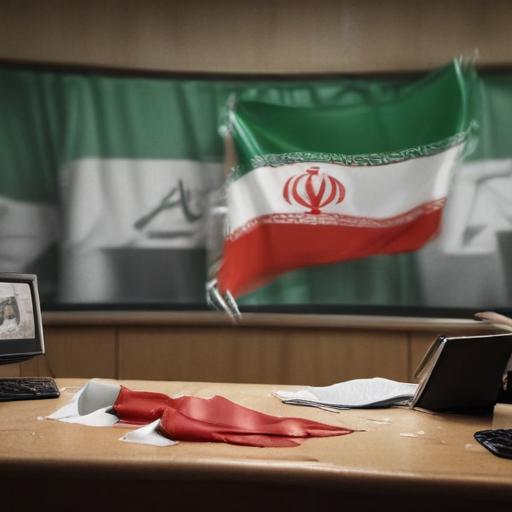Uncertainty is gripping Iran as Supreme Leader Ayatollah Ali Khamenei has remained absent from public view for nearly a week, leading to increased unrest among the populace and within the ruling elite. Political factions are maneuvering for influence in light of the leader’s silence, which has raised concerns about the future direction of the country.
Reports indicate that influential camps within the Iranian government are clashing over key issues such as nuclear policy, relations with the United States, and the ongoing ceasefire with Israel. Among these factions, President Masoud Pezeshkian, a moderate who assumed office last year with reformist rhetoric, appears to be gaining traction. He advocates for significant internal changes and has expressed the need to reassess governance in light of recent conflicts and national unity. Pezeshkian’s potential for reopening dialogue with the U.S. faces staunch opposition from conservative hardliners who view any compromise as a betrayal.
The hardline faction, spearheaded by veteran politician Saeed Jalili and supported by the Revolutionary Guard, is challenging Pezeshkian’s vision. This bloc criticizes the ceasefire with Israel and rejects any idea of diplomatic negotiations, reflecting deep divisions in Iran’s political landscape.
As power struggles intensify among the leadership, security forces are cracking down on dissent in the streets. Following recent military confrontations, authorities have ramped up security measures, resulting in mass arrests particularly targeting Kurdish regions. There are heightened military responses along the borders with Pakistan, Iraq, and Azerbaijan to prevent perceived threats, further underscoring the regime’s focus on internal stability.
While large protests have yet to materialize, there is a palpable sense of frustration among citizens, primarily driven by government policies that many believe instigated the conflict with Israel. The silence from Khamenei has heightened feelings of instability, as he has been a pivotal figure in Iran for over three decades, leading to urgent discussions around succession and the future trajectory of the Islamic Republic.
This critical moment provides both a challenge and an opportunity for Iran. As different political factions vie for direction amidst uncertainty, there is potential for reform and new diplomatic relations that could reshape the nation’s standing on the international stage.
